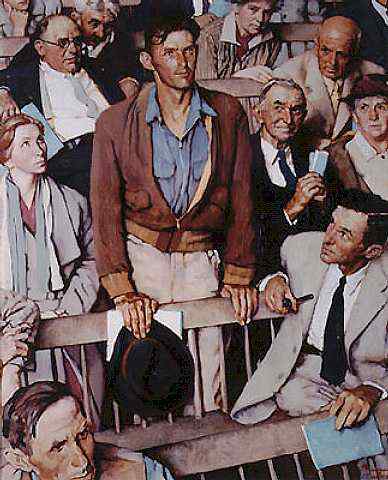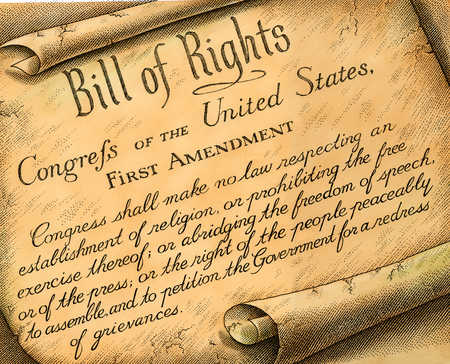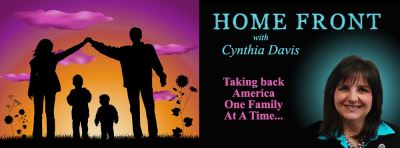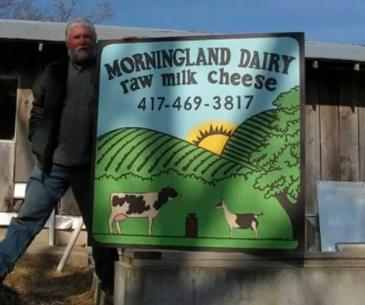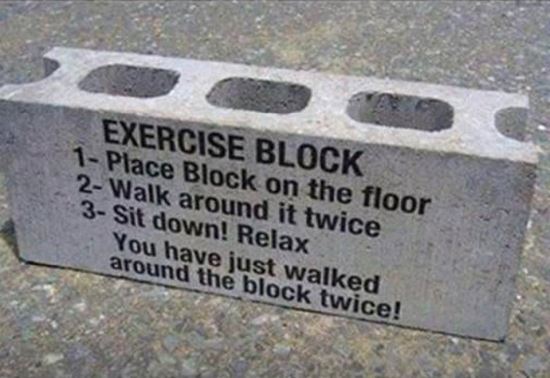Supreme Court Says Public Prayer is Good
As a member of the O’Fallon Board of Aldermen in 1994, I attended the National League of Cities Convention. In one of the meetings, the speaker asked for a show of hands if we start our meetings in our own cities with an invocation. I couldn’t raise my hand because we didn’t in O’Fallon. The speaker went on to inform us that this is a good practice and perfectly legal.
I came home, walked into the office of my City Administrator and expressed my desire to have an invocation at the beginning of our board meetings. He laughed and told me he didn’t know whom we would get to do it.
I went to the next police chaplains’ meeting and told them my city administrator said none of them would be interested in spending time it would take to come up to our City Hall and pray before our meetings and I needed them to help me prove him wrong. They loved the idea and stepped up to the task.
Our city has had an invocation ever since.
Meanwhile, in other cities, many elected officials have been very confused. One reason is because to get elected, one doesn’t have to know anything about the laws. One only needs to know how to get elected. Therefore, we have many governmental offices occupied with average people who have never studied the question and are left to their own impressions based upon what their friends think and whatever will make them feel popular.
A city finally precipitated the question and it went all the way to the US Supreme Court. The court answered the question the right way.
Here is the actual decision:
Much of the recent decision reflected another US Supreme Court case from 1983.
Here is the heart of that decision:
(a) The practice of opening sessions of Congress with prayer has continued without interruption for almost 200 years, ever since the First Congress drafted the First Amendment, and a similar practice has been followed for more than a century in Nebraska and many other states. While historical patterns, standing alone, cannot justify contemporary violations of constitutional guarantees, historical evidence in the context of this case sheds light not only on what the drafters of the First Amendment intended the Establishment Clause to mean, but also on how they thought that Clause applied to the chaplaincy practice authorized by the First Congress. In applying the First Amendment to the states through the Fourteenth Amendment, it would be incongruous to interpret the Clause as imposing more stringent First Amendment limits on the states than the draftsmen imposed on the Federal Government. In light of the history, there can be no doubt that the practice of opening legislative sessions with prayer has become part of the fabric of our society. To invoke divine guidance on a public body entrusted with making the laws is not, in these circumstances, a violation of the Establishment Clause; it is simply a tolerable acknowledgment of beliefs widely held among the people of this country. Pp. 786-792.
In other words, if someone is hostile toward the thought of a higher power, he still doesn’t have the right to dismantle or destroy our nation’s heritage. Additionally, the Constitution does not protect people from feeling offended. Free speech cuts both ways.
If you live in a city that is not starting their governmental meetings with prayer, please let them know there is no legal reason not to do so.
While we still have our freedoms, let’s use them!
What You Can Do:
1.) Forward this newsletter to your local officials so that they will know it is perfectly legal to have an invocation and is just as legitimate as any other agenda item such as starting the meeting with The Pledge of Allegiance. If your officials are concerned they won’t find anyone who can help with the project, see if your local pastors will fill the need. Most of them would be honored to help.
2.) Help us communicate. Any contribution will be used to help further our research to inform others. You can mail a check to Cynthia Davis, 1008 Highway K, O’Fallon, MO 63366.
Home Front This Week:
| In this episode of Home Front, we talk with Joe Dixon, owner of Morningland Dairy. Their organic farm was raided by the Missouri Milk Board and about 15 tons of cheese was destroyed by the order of the Missouri Milk Board. This is an example of what can happen when innocent citizens try to be cooperative with a governmental bureaucracy determined to destroy a business.
We need to hear and learn from other’s direct experience. Whether you like raw milk or not, it is up to us to confront when our governmental interventions become tyrannical. Listen and hear how unbridled political power can destroy a family business. http://www.blogtalkradio.com/missourigrassrootsradio/2013/04/03/home-front-1 |
Listen to Home Front On-Demand, Anytime-Anywhere
www.cynthiadavis.net/category/home-front-podcast/
Home Front is also part of the Missouri Grassroots Radio lineup of pod-casts and can be heard live most Tuesday evenings at 8:00 pm Central Time, at www.blogtalkradio.com/missourigrassrootsradio
A Little Bit of Humor…


